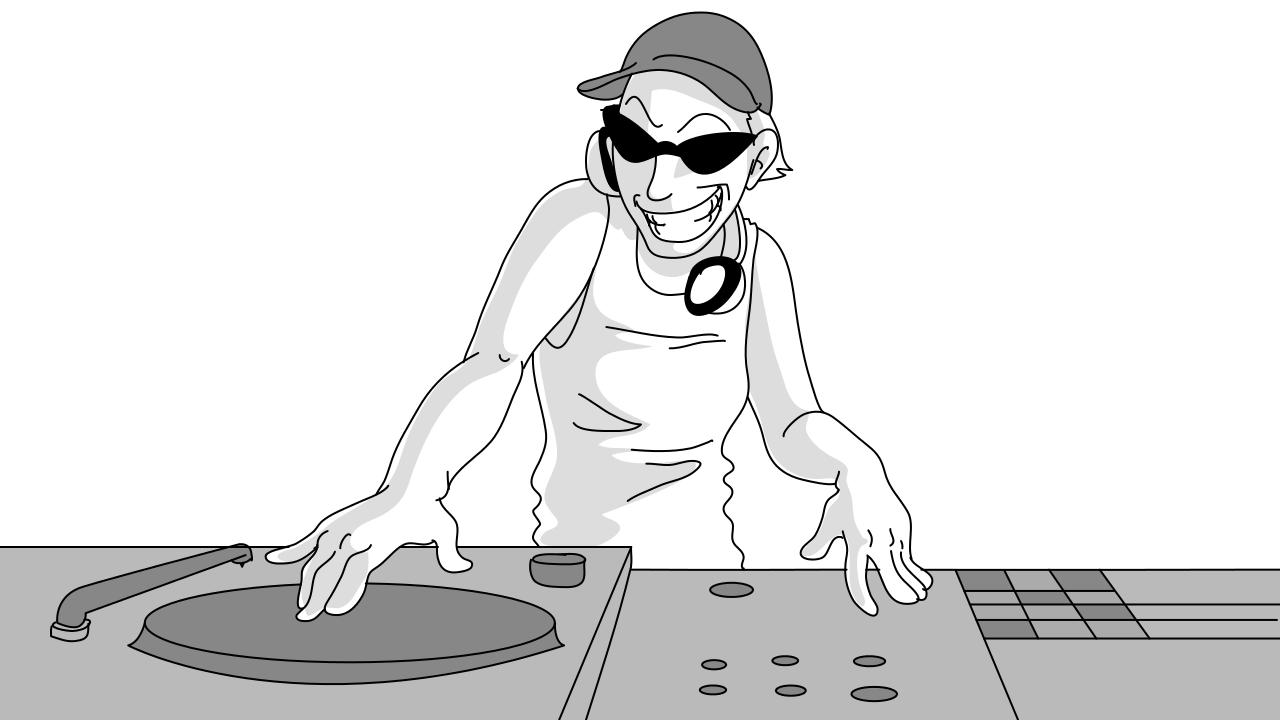 Blog
Blog
How to Avoid Burn-Out: How to be Happy &…
How to Avoid Burn-Out: How to be Happy & Healthy in Your Job
by Claire Hatton
Burn-out creeps up on you over a period of time, or at least that’s my experience. It’s not like one day you’re happy and healthy in your job and the next you’re burnt out.
Burn-out was triggered for me over about a six months period after a particularly intense period of work at Google. Pressure from above to deliver results in difficult circumstances intensified, there was a lack of resources so I was doing the job of three people, and I was receiving hardly any feedback. It started with interrupted sleep and me working every hour I could. Then over a period of a few months it led to emotional & physical exhaustion which unleashed a raging inner critic. That snowballed into a sense of feeling incompetent and an irrational sense I was going to be fired (in fact I was given a pay rise and awarded A LOT of shares but that’s a story for another day or hear it here). Because I continued to work and ignored the symptoms I got really sick …so sick it moved into Chronic Fatigue and I had to take four months off work to convalesce.
Trust me, you don’t want to let yourself reach the burn-out stage.
Since then I’ve learnt a lot about how to avoid burn-out so here are three things you can do to be happy and healthy in your job:
1. Make self care a priority
I can’t tell you how many of the amazing women my co-host, Greta Thomas, and I have interviewed on our podcast, Don’t Stop Us Now! who have told us that self care is one of the most critical aspects to their success and resilience. Essentially they say that no-one is going to prioritise your health apart from you. If you expect your Manager, co-founder, partner or colleague to ensure you’re well you’ve probably got another thing coming.
Cyan Ta’eed, co-Founder of Envato, Hey Tiger and Milkshake told us that self care is just a non-negotiable for her because she can’t be the person she wants to be without it. Whether it’s building good sleep habits, learning how to switch off or exercising regularly, make sure you prioritise your own mental and physical care. Guard this ‘you’ time as if it’s the most precious thing in your life . . . because it just might be in the long run.

And don’t forget to talk all of your vacation days. Things won’t crumble without you there!
2. Be aware of your self talk
Watch out for ‘negative self talk’ or, as we like to refer to it, your ‘Evil DJ’. You know, that voice in your head that likes to criticise you. Your Evil DJ is likely to have a couple of regular negative soundtracks that are triggered when you’re feeling stressed or tired. Popular soundtracks include “I’m not handling this” or “I’m not as good as him/her” or “I’m going to fail”. Mine was “I’m not good enough/not doing enough”.

One way to get on top of this is to check in regularly with yourself, particularly if you’re under stress, and ask yourself “am I stuck in my head?” “Is my Evil DJ in charge?”, “What’s the Evidence for these thoughts?”. Remember no matter how convincing your thoughts are, they are not necessarily fact. We advise talking with a friend to gain some perspective. Check out our podcast episode “How to Manage Your Inner Critic” if you’d like to know more.
3. Talk to your boss to get more support and resources
Often burn-out comes when work is unrelenting and demanding. This is particularly troublesome when you lack the resources and support to cope effectively.
Our advice is not to expect that your boss will know that you’re struggling and will magically come to your aid and save you. They aren’t mind readers. So talk to them about how they can help you. Take them through your workload and help them understand the challenges you face. Consider asking them “if this was you, what would you do?” or “how can you support me to have a more manageable workload?”. This might mean you need to stop doing some things, do them differently or delegate more, or maybe your boss can get you some more resources. After this conversation if you find your boss is not supportive, go to someone else. If this doesn’t work, seriously consider your options.
Remember that no one, repeat no one, will care about your wellbeing or your working hours as much as you. So get proactive and protective and look after your wellbeing, think about what’s really important to you and set boundaries.
After all, your career is a marathon and not a sprint, so pace yourself for the distance. When you’re near the end of your life are you really going to care about those emails you never replied to?
I don’t think so.

